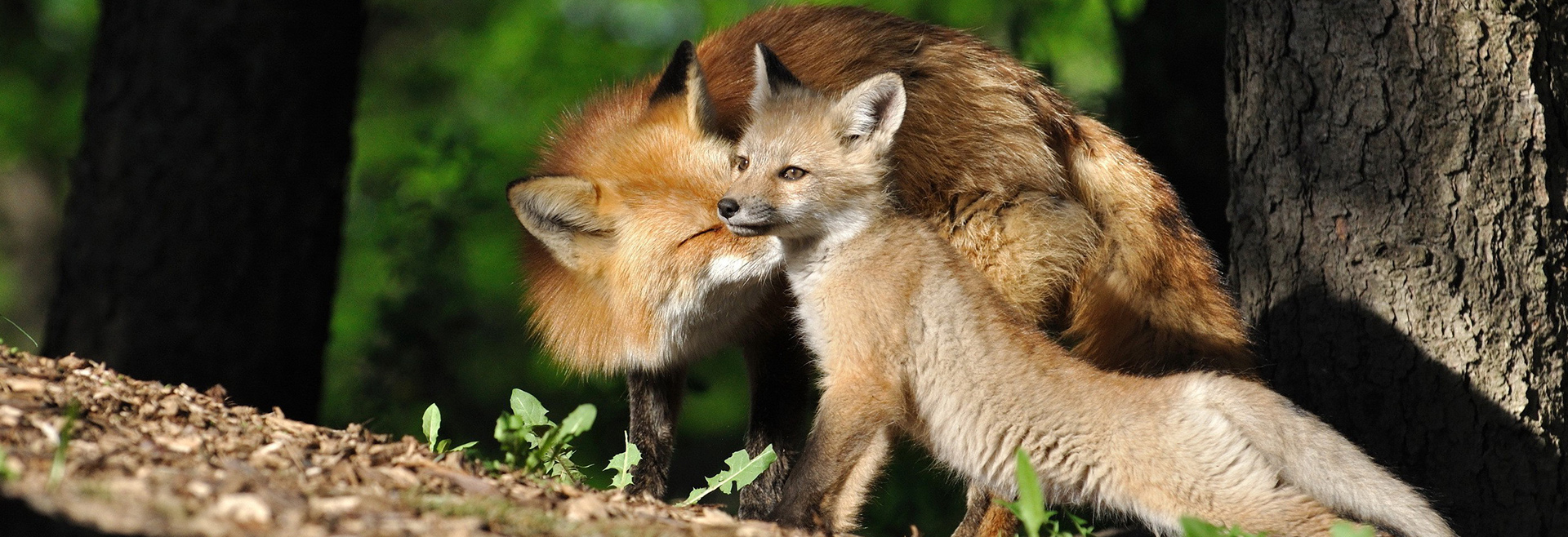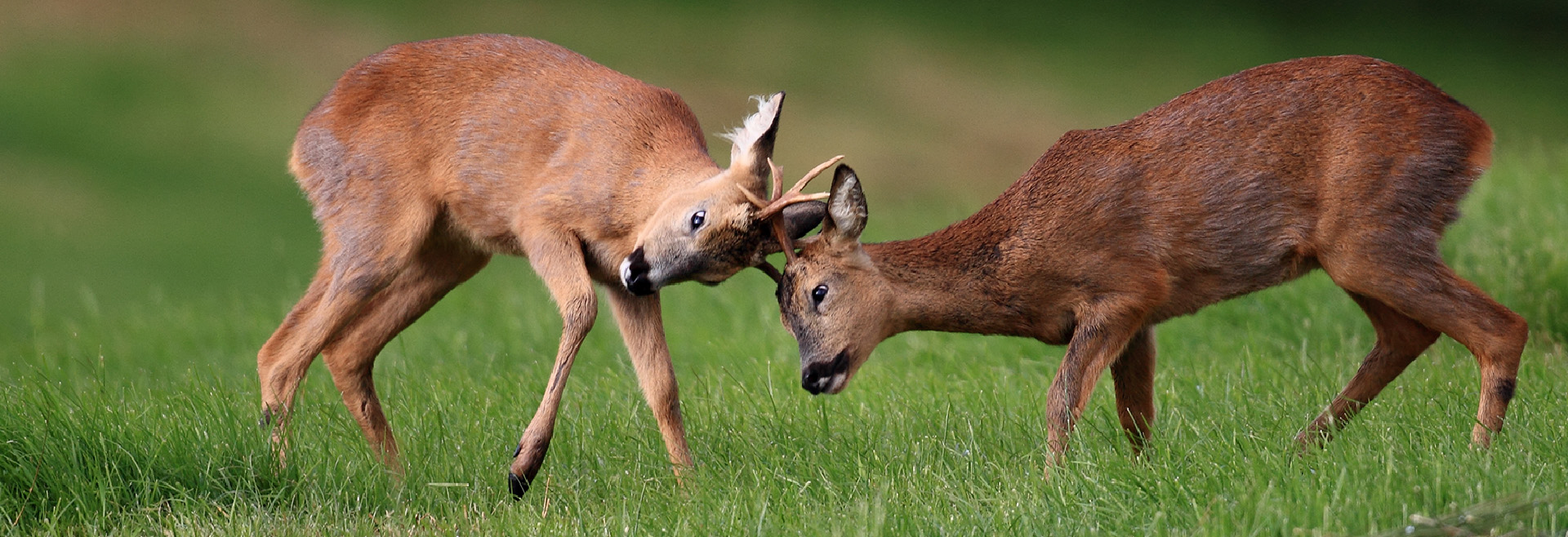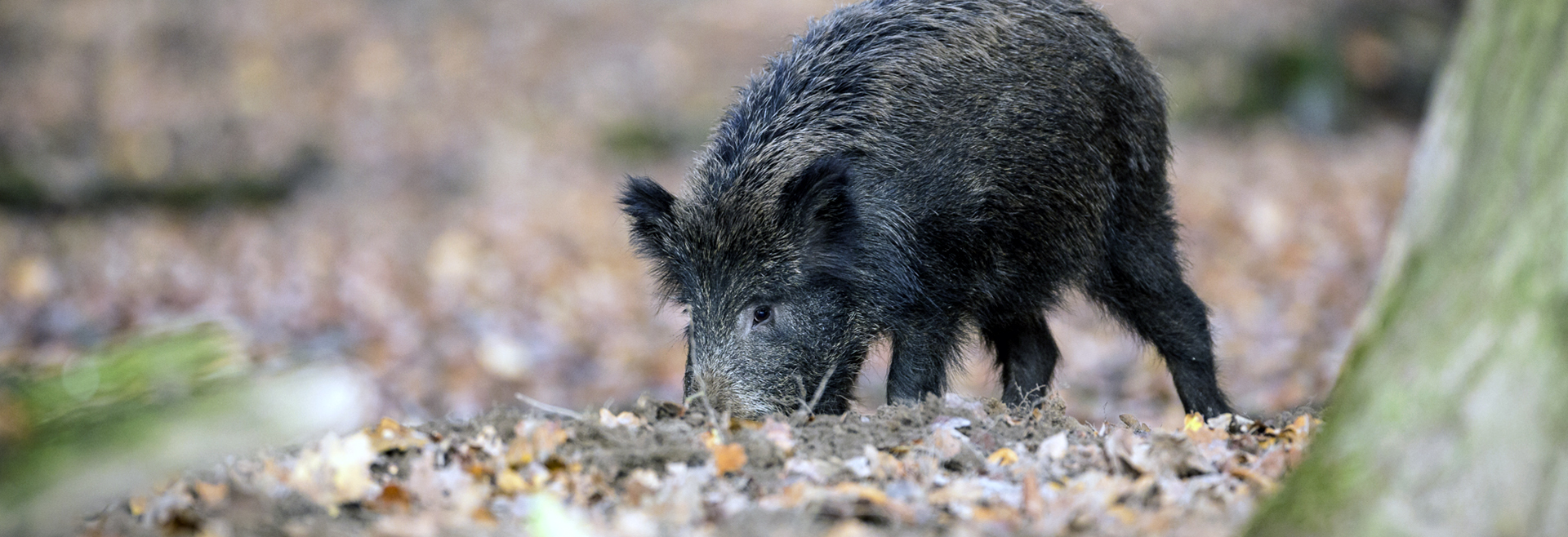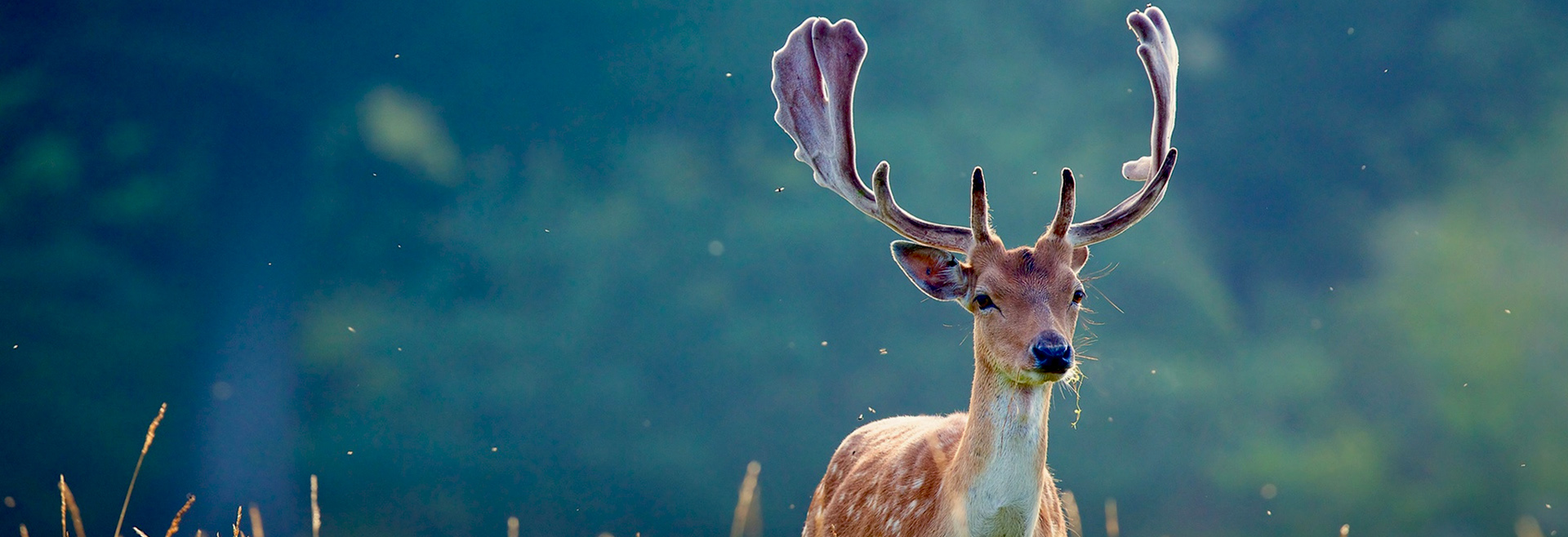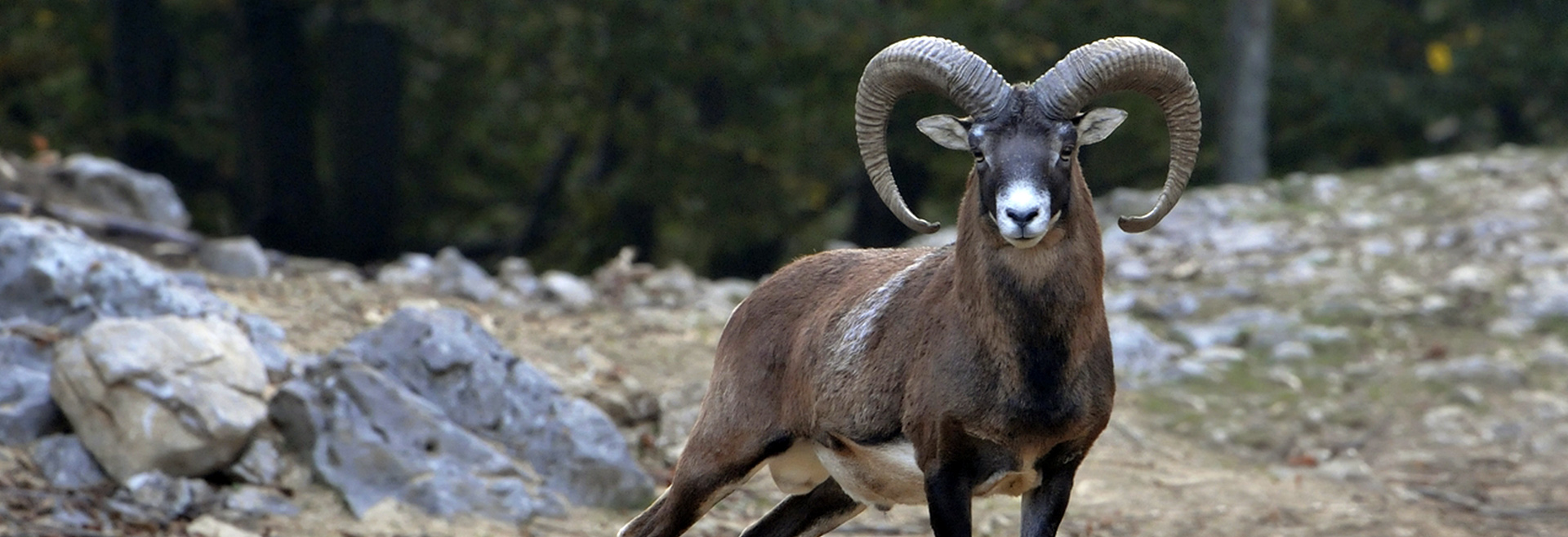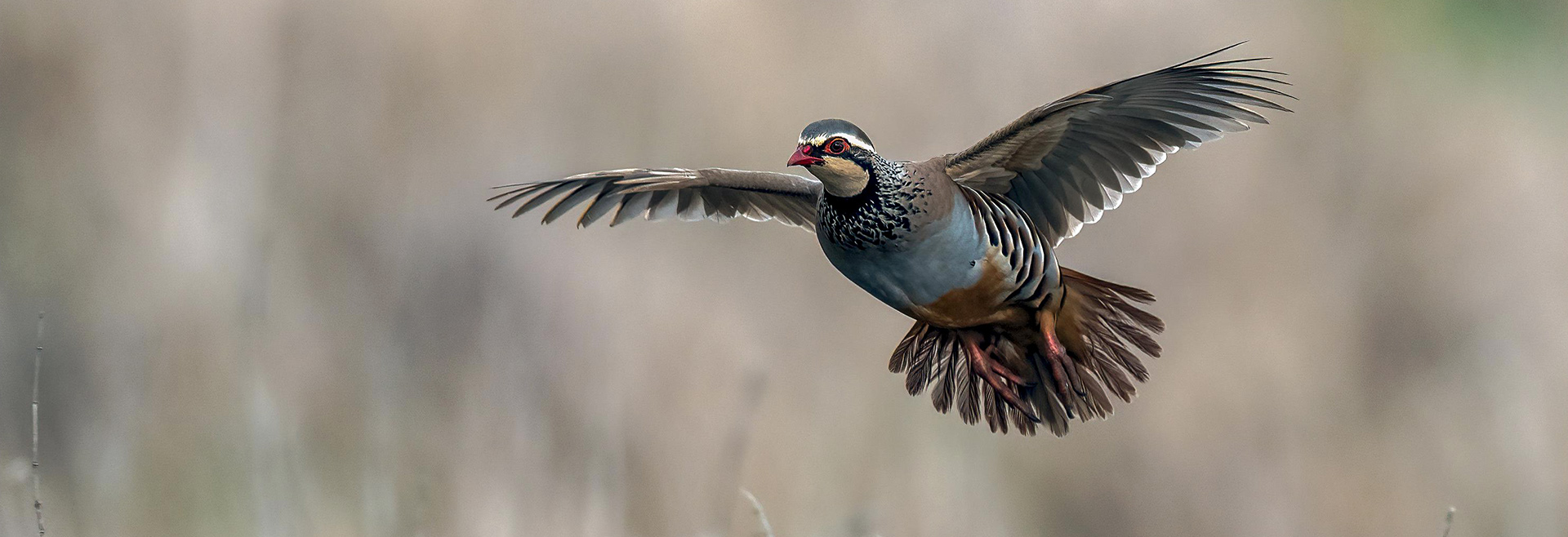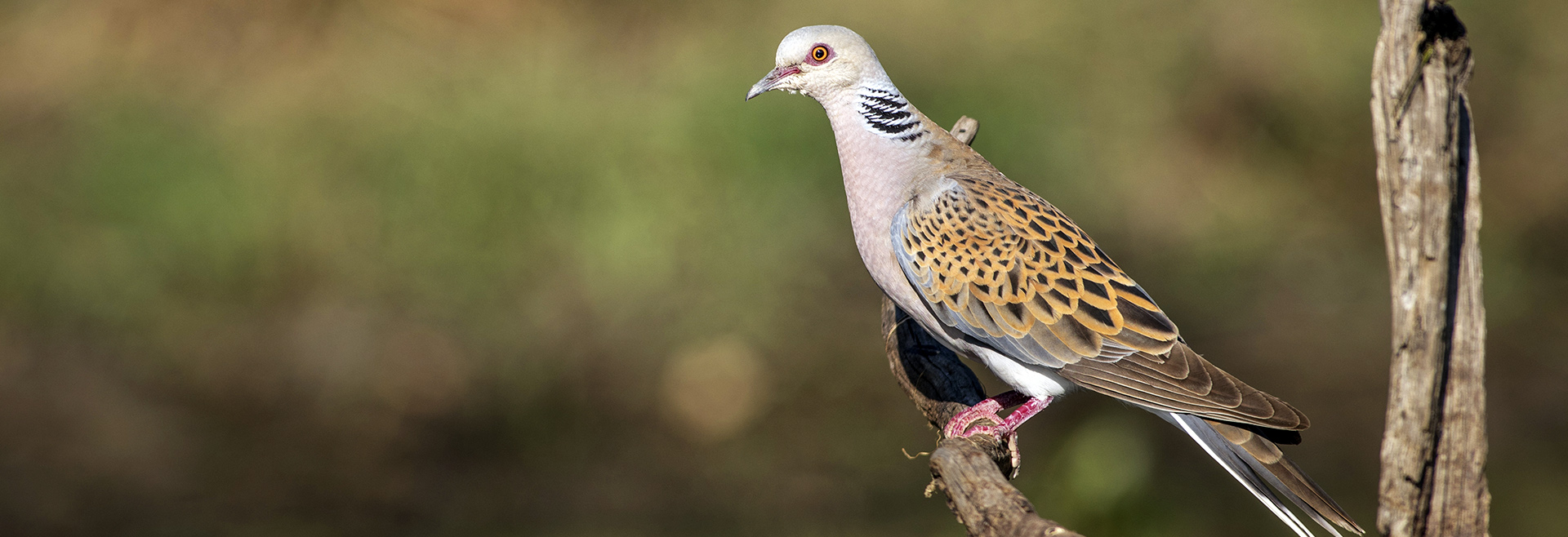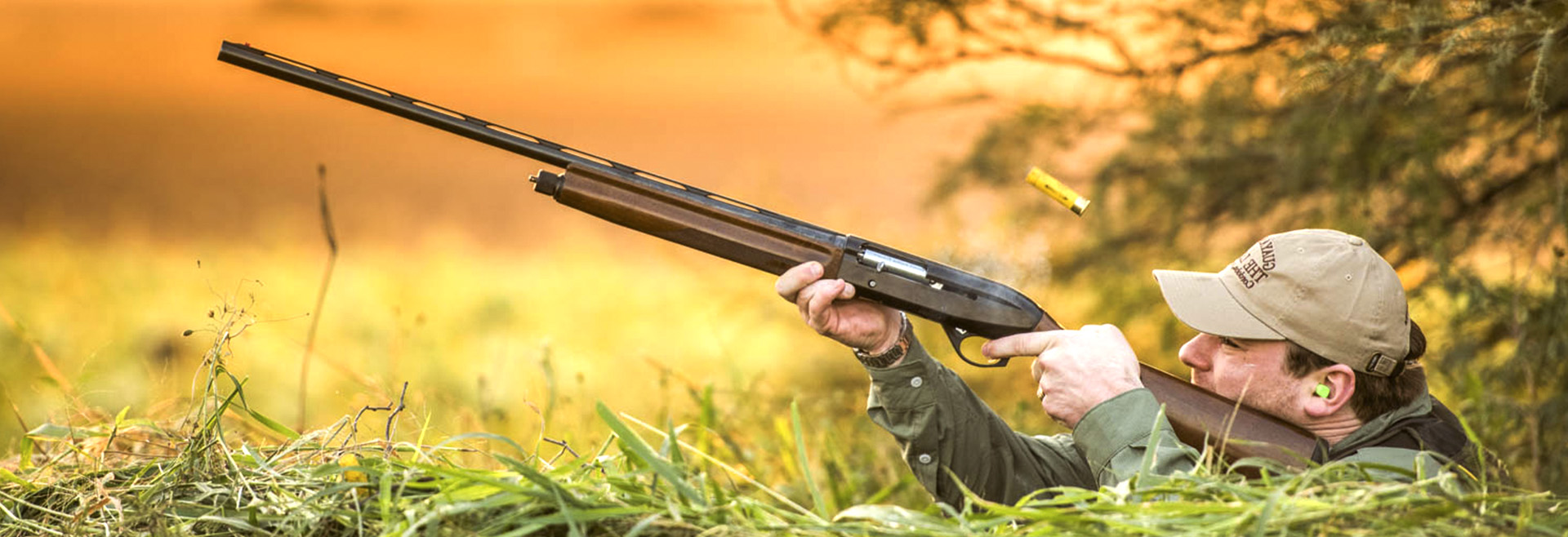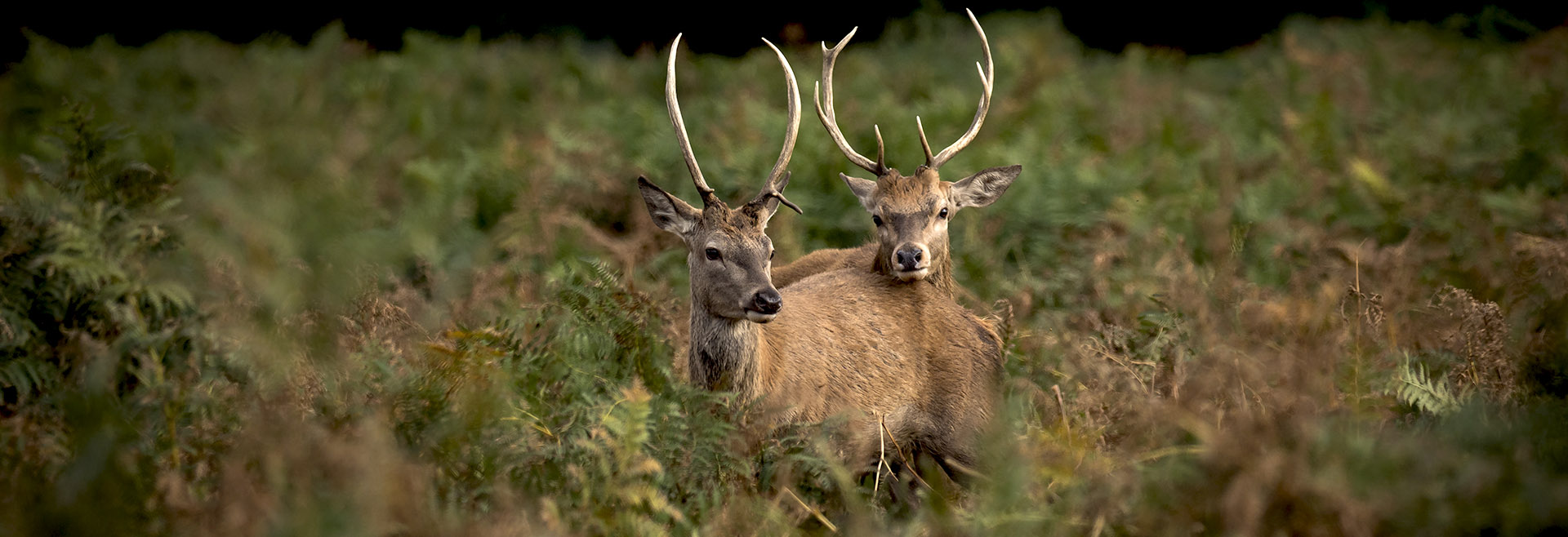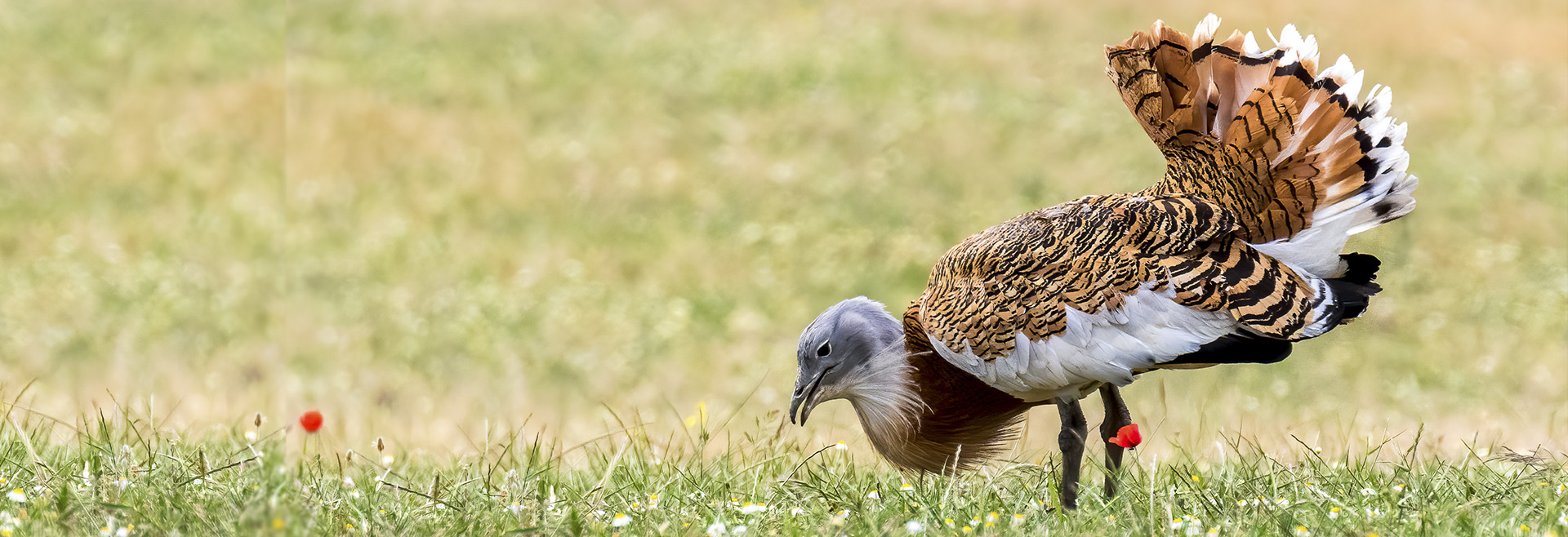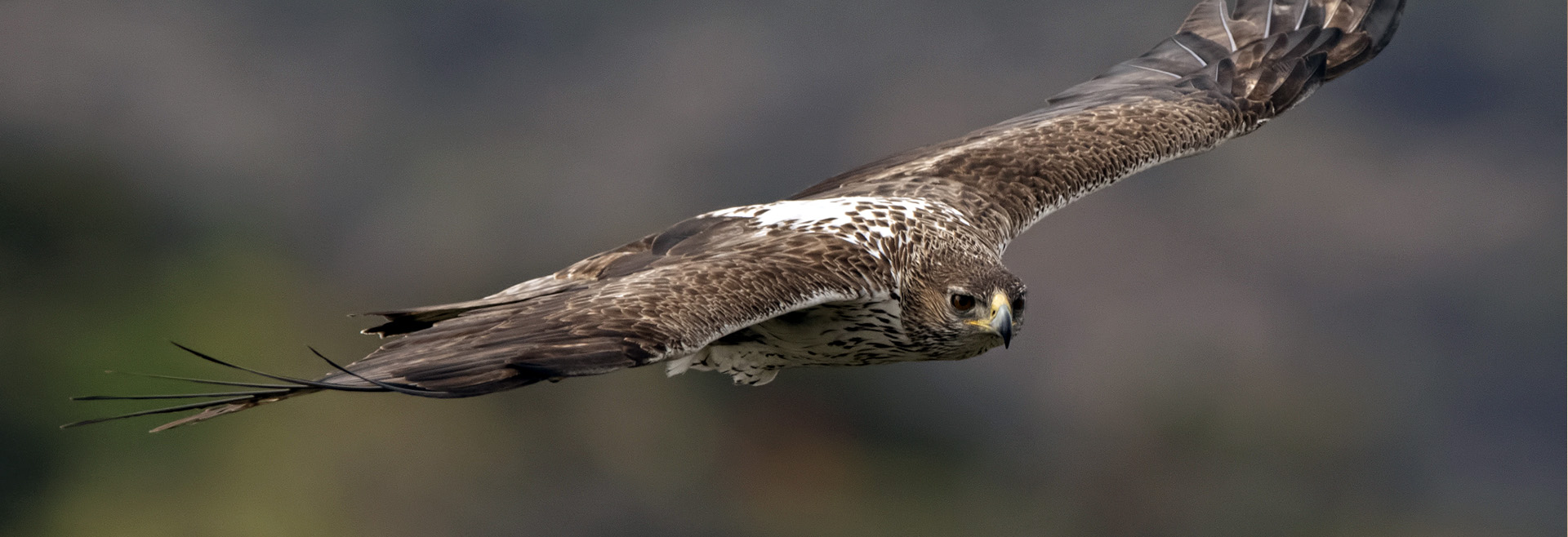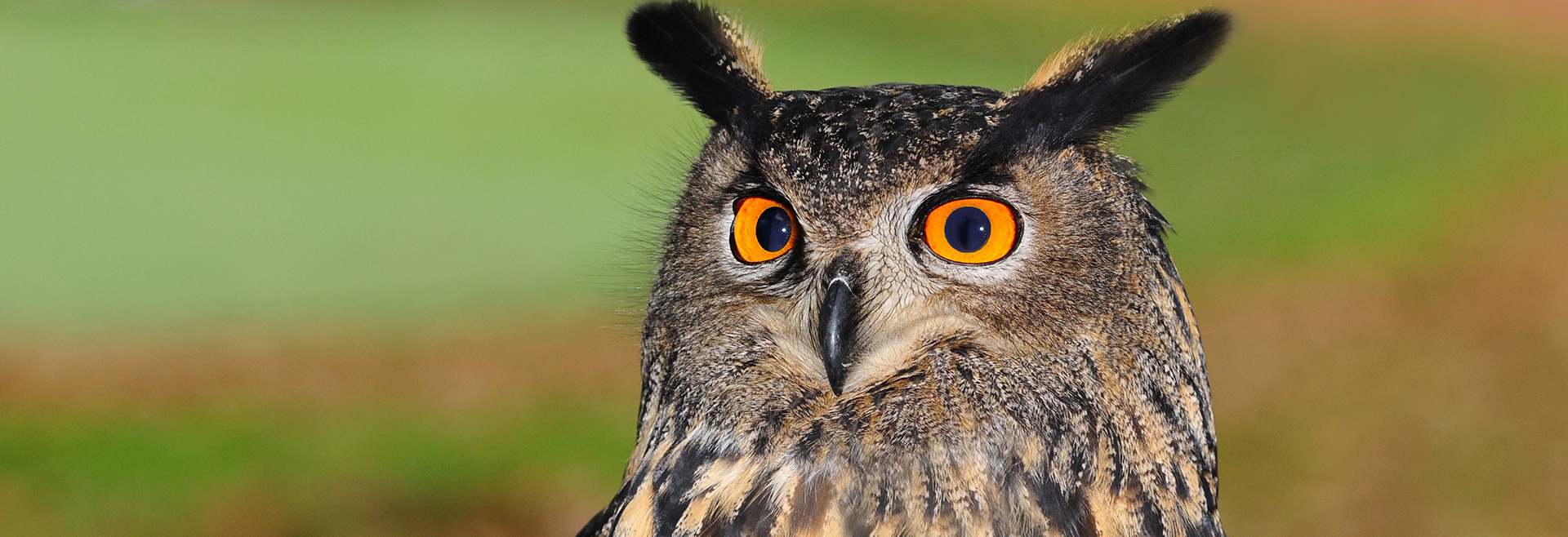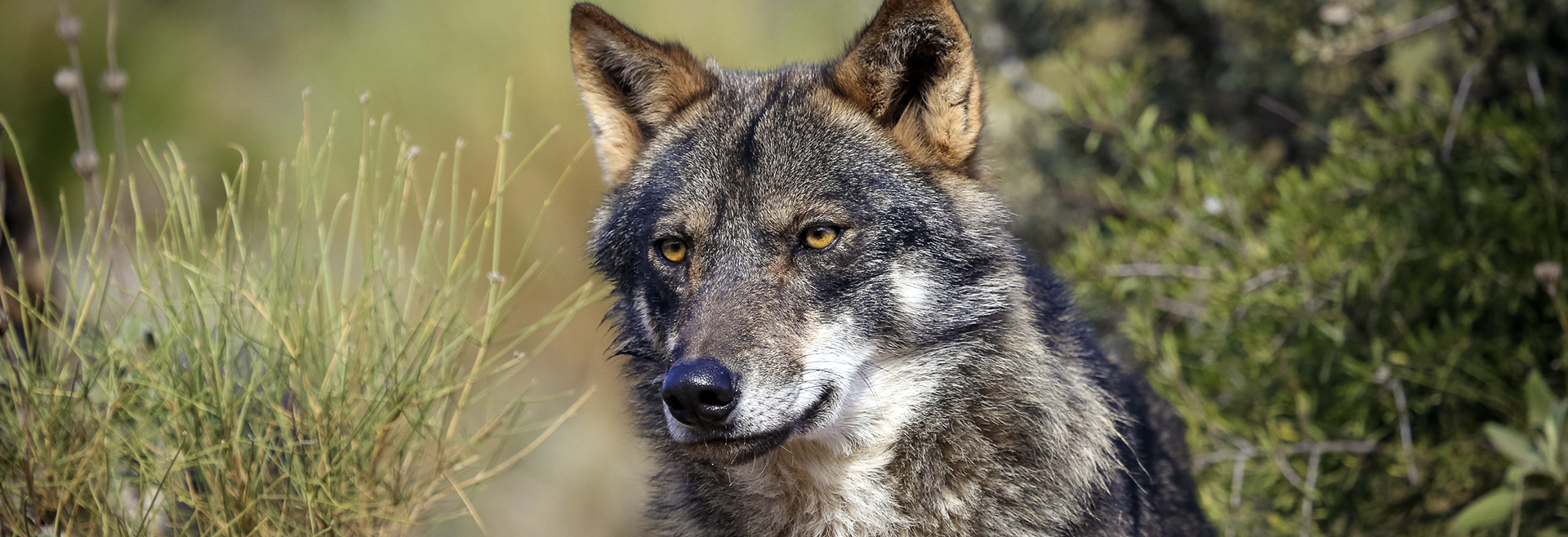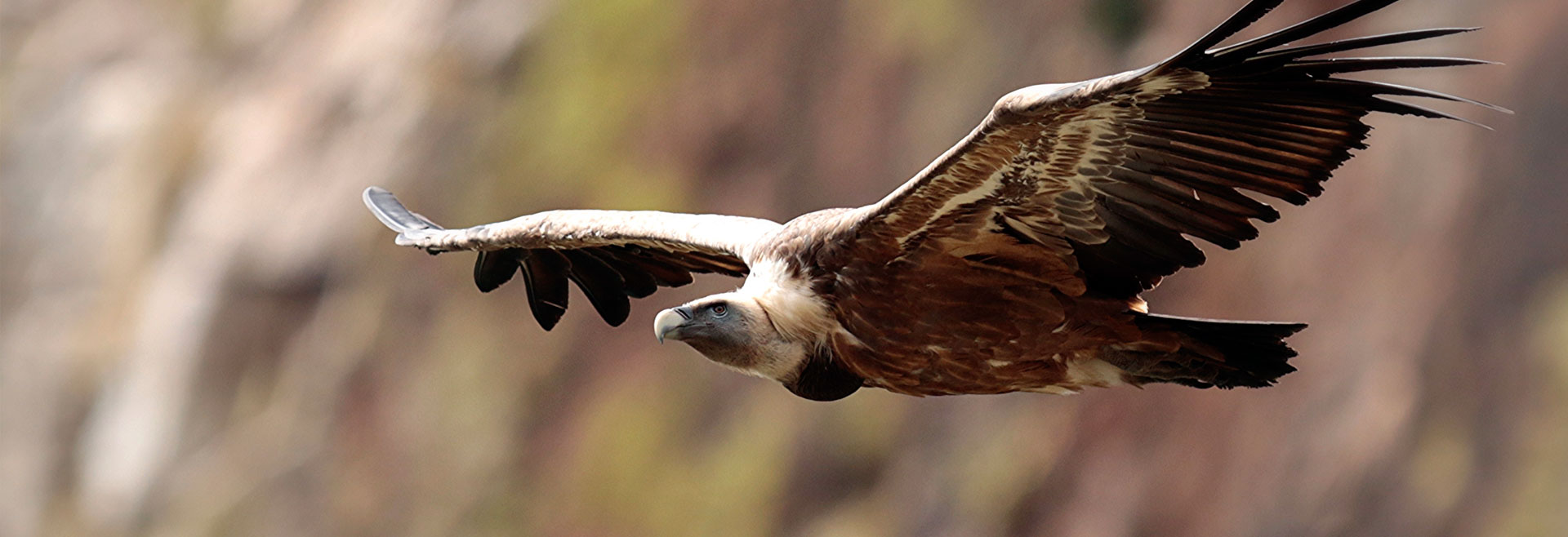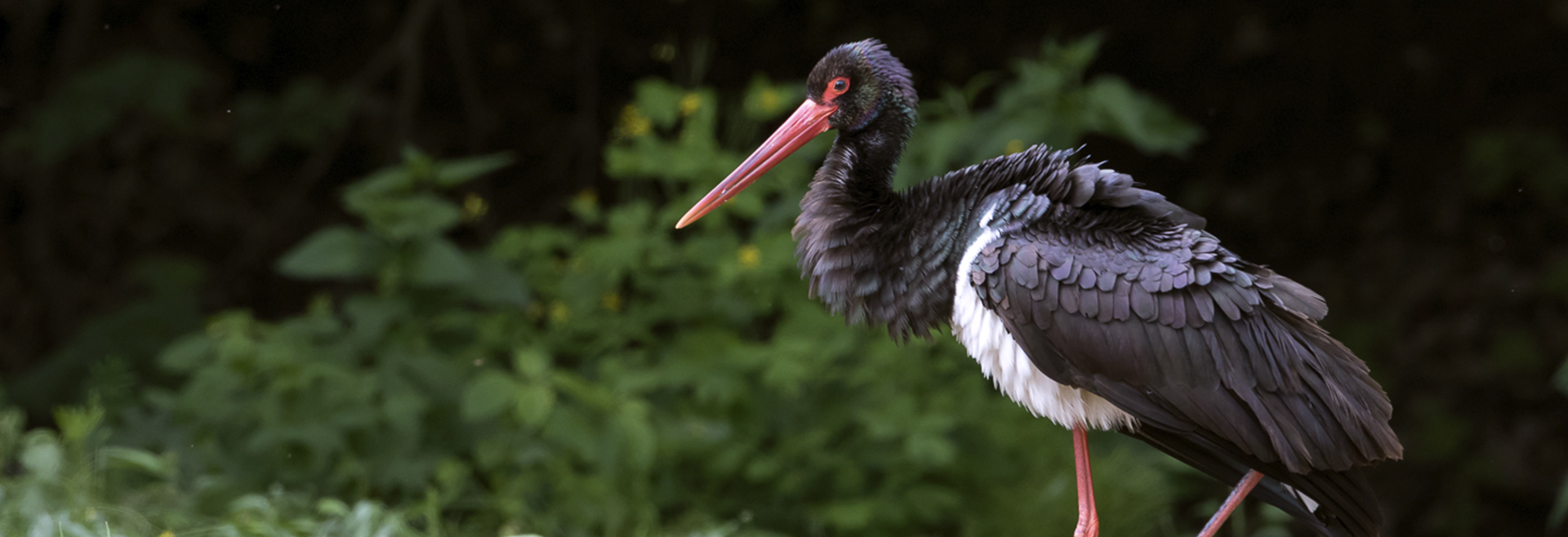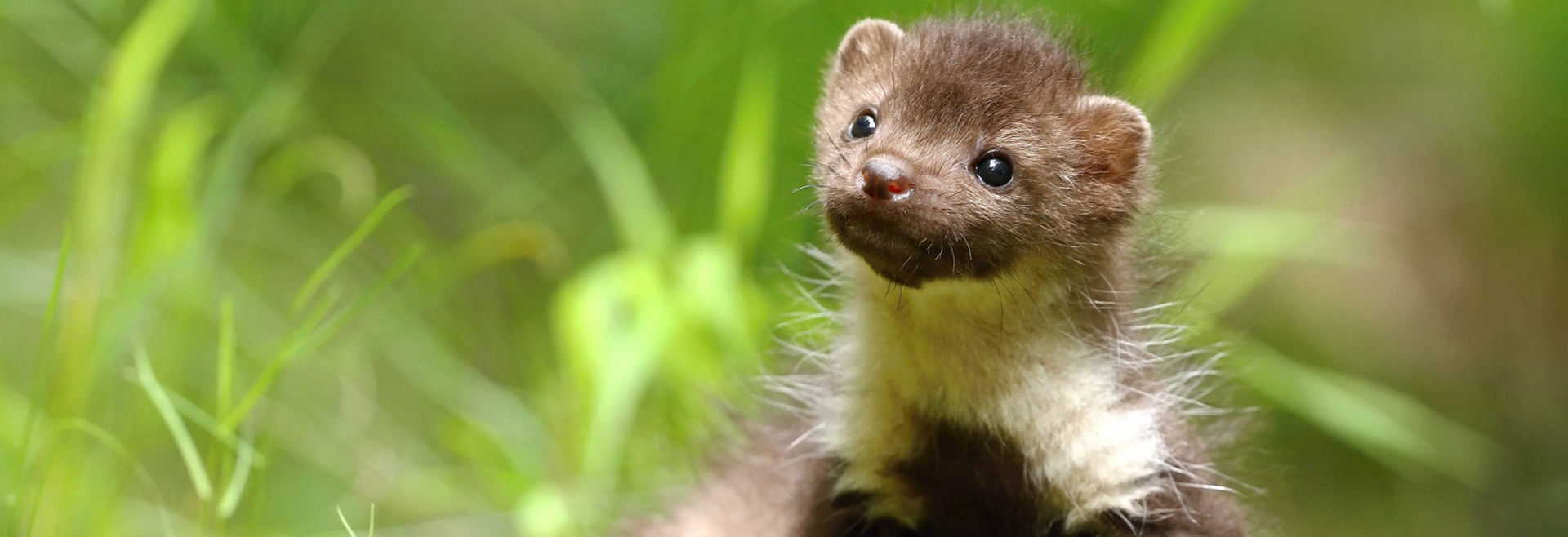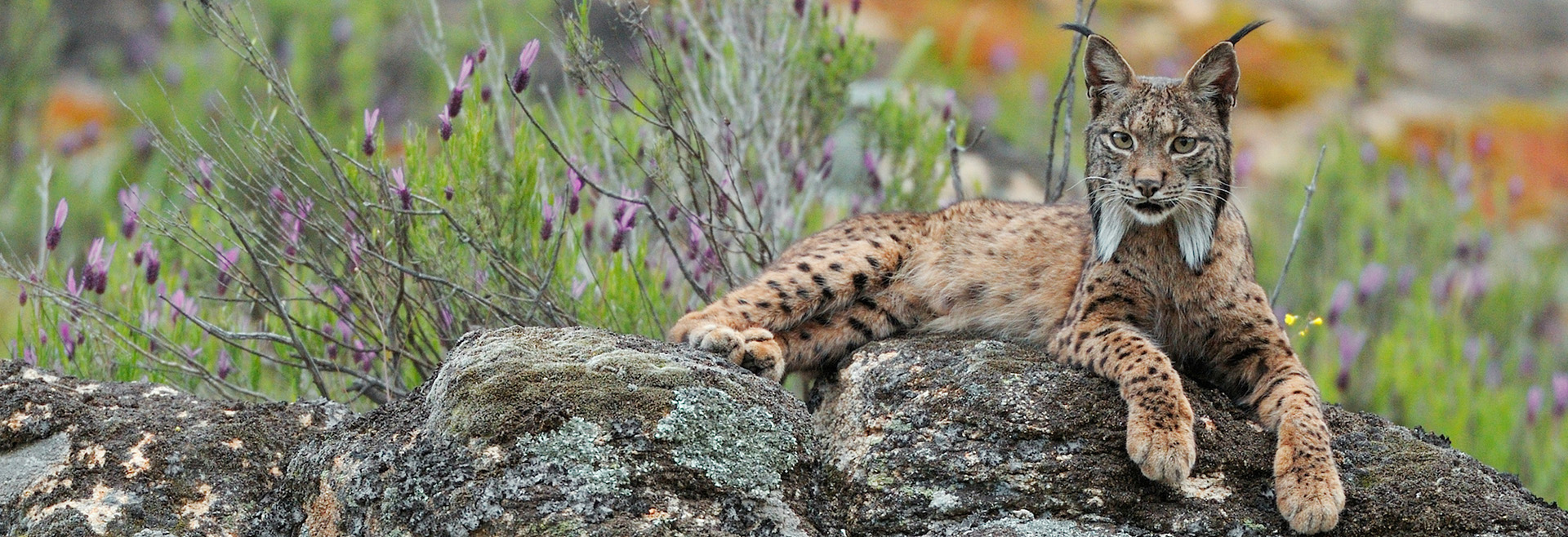Evaluation of Commercial Myxomatosis Vaccines against Recombinant Myxoma Virus (ha-MYXV) in Iberian Hare and Wild Rabbit
Tipo de artigo
Artigo Cientifico
-
Veja o artigo
-
RevistaVaccines, 356
-
Volume e Páginas3-27
Autores
Abade dos Santos, F.A.; Carvalho, C.L.; Valente, P.C.L.G.; Armés, H.; Reemers, S.S.; Peleteiro, M.C.; Calonge Sanz, I.; Dalton, K.P.; Parra, F.; Duarte, M.D.
Ano
2022
Instituição do primeiro autor
CIBIO, Centro de Investigação em Biodiversidade e Recursos Genéticos, InBIO Laboratório Associado,CIBIO, Centro de Investigação em Biodiversidade e Recursos Genéticos, InBIO Laboratório Associado,Campus de Vairão, Universidade do Porto, 4485-661 Vairão, Portugal
Resumo
The recent emergence of a new myxoma virus capable of causing disease in the Iberian hare (Lepus granatensis) has resulted in numerous outbreaks with high mortality leading to the reduction, or even the disappearance, of many local populations of this wild species in the Iberian Peninsula. Currently, the available vaccines that prevent myxomatosis in domestic rabbits caused by classic strains of myxoma virus have not been assessed for use in Iberian hares. The main objective of this study was to evaluate the efficacy of commercial rabbit vaccines in Iberian hares and wild rabbits against the natural recombinant myxoma virus (ha-MYXV), bearing in mind its application in specific scenarios where capture is possible, such as genetic reserves. The study used a limited number of animals (pilot study), 15 Iberian hares and 10 wild rabbits. Hares were vaccinated with Mixohipra-FSA vaccine (Hipra) and Mixohipra-H vaccine (Hipra) using two different doses, and rabbits were vaccinated with the Mixohipra-H vaccine or the Nobivac Myxo-RHD PLUS (MSD Animal Health) using the recommended doses for domestic rabbits. After the vaccination trials, the animals were challenged with a wild type strain of ha-MYXV. The results showed that no protection to ha-MYXV challenge was afforded when a commercial dose of Mixohipra-FSA or Mixohipra-H vaccine was used in hares. However, the application of a higher dose of Mixohipra-FSA vaccine may induce protection and could possibly be used to counteract the accelerated decrease of wild hare populations due to ha-MYXV emergence. The two commercial vaccines (Mixohipra-H and Nobivac Myxo-RHD PLUS) tested in wild rabbits were fully protective against ha-MYXV infection. This knowledge gives more insights into ha-MYXV management in hares and rabbits and emphasises the importance of developing a vaccine capable of protecting wild populations of Iberian hare and wild rabbit towards MYXV and ha-MYXV strains.
-
Palavras-chavemyxomatosis; Iberian hare; European wild rabbit; vaccines; ha-MYXV


